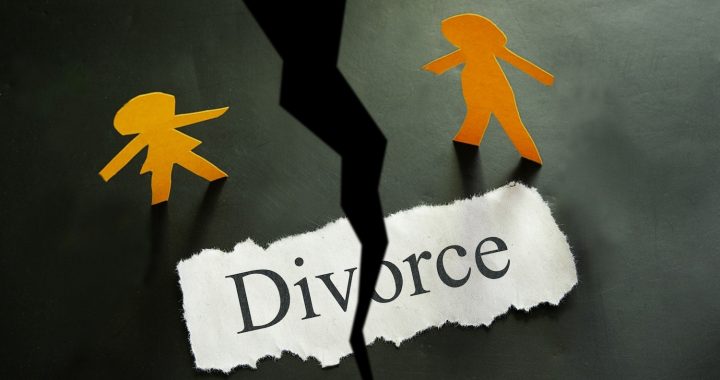In Columbus and the surrounding Georgia counties, our judges have entered a Standing Order which requires that all divorce actions go to mediation before they can move on to a final trial. Some judges will waive this requirement under certain conditions; other judges are pretty adamant about sticking to the rule and requiring mediation.
HOW MEDIATION WORKS
On its face, a divorce mediation is a simple process:
1. The wife and husband, along with their lawyers, meet in a room with the mediator.The wife and her lawyer sit on one side of a table, the husband and his lawyer sit on the other side, the mediator sits somewhere between them.The mediator explains the rules of mediation.The lawyers tell the mediator basically what the issues to be decided are.The wife and husband don’t have to say anything at this point, if they don’t want to and no one talks about who is at fault in the divorce.The only purpose of this initial meeting is to inform the mediator what decisions must be made.
2. The wife and husband go into separate rooms with their lawyers.
3. The mediator meets first with one side, usually the plaintiff’s side, in a meeting called a “caucus.”The mediator helps them formulate their first proposal for settlement of the case.Then the mediator takes that proposal to the defendant’s side and helps them formulate a response and a counterproposal for settlement.The mediator continues to move back and forth between the wife and husband, trying to find a middle ground for settlement.
WHY MEDIATION WORKS
One of the most basic benefits of mediation is that everyone who is involved in making decisions about the divorce are all gathered together in the same space, at the same time.
To fully appreciate the importance of this arrangement, you have to consider how cases are generally settled without mediation:
(1) Lawyer A meets with her client and they come up with a proposal,
(2) Lawyer A writes a letter to Lawyer B about the proposal,
(3) Lawyer B makes an appointment for his client to come in so that they can talk about the case and come up with a counterproposal,
(4) Lawyer B writes a responsive letter to Lawyer A,
(5) Lawyer A and her client meet, but, by this time, days or weeks have passed and—particularly in a divorce case—the situation has shifted, the parties have argued, and both Lawyer A and her client are offended by some part of the counterproposal that they don’t really understand,
(6) Everyone is back at square one, or, even worse, they are further apart than ever.
In contrast, a trained, experienced, and creative mediator can keep all of the parties talking, prevent misunderstandings, and offer suggestions to all parties about solutions and compromises. The attorneys are there to look out for their clients’ best interests and to get the best deal they can for their own clients; the mediator is there to help the parties communicate effectively and efficiently.
The very fact that everyone is in the same vicinity at the same time, with an open line of communication between them (albeit filtered by the presence of the mediator), significantly increases the chance that the parties will be able to settle their case without the trauma and expense of a full-blown trial.
MEDIATION WORKS, EVEN WHEN IT FAILS
Most cases that go to mediation are settled during the mediation process. But the parties to a divorce cannot be forced to settle if they don’t want to, and, obviously, not all cases settle.
I don’t like to waste time and I know my clients don’t want to waste their money on a useless exercise, so I strive to ensure that my clients get the maximum benefit from the mediation process, even if a settlement is not reached.
In my practice, I treat the mediation process as an opportunity for trial preparation while the mediator tries to settle the case. A mediator is considered “neutral” in the sense that she is not an advocate for either party, but a really good divorce mediator will share her opinions and her own experiences with both parties. It is something similar to having an outside consultant evaluate the case and provide a critique of the case’s strengths and weakness. While the mediator is in the room with me, my client and I listen carefully and discuss the mediator’s ideas and opinions with her; when the mediator goes to the other room to talk to the other party, my client and I get busy making our plans to capitalize on our strengths and shore up our weaknesses. I like to make the mediator work hard for the settlement. I want to know that, if the case settles, I have gotten the best deal for my client that can be made; if the case doesn’t settle, I want to know that I have wrung out of the mediation every bit of help the mediator has to offer.




















